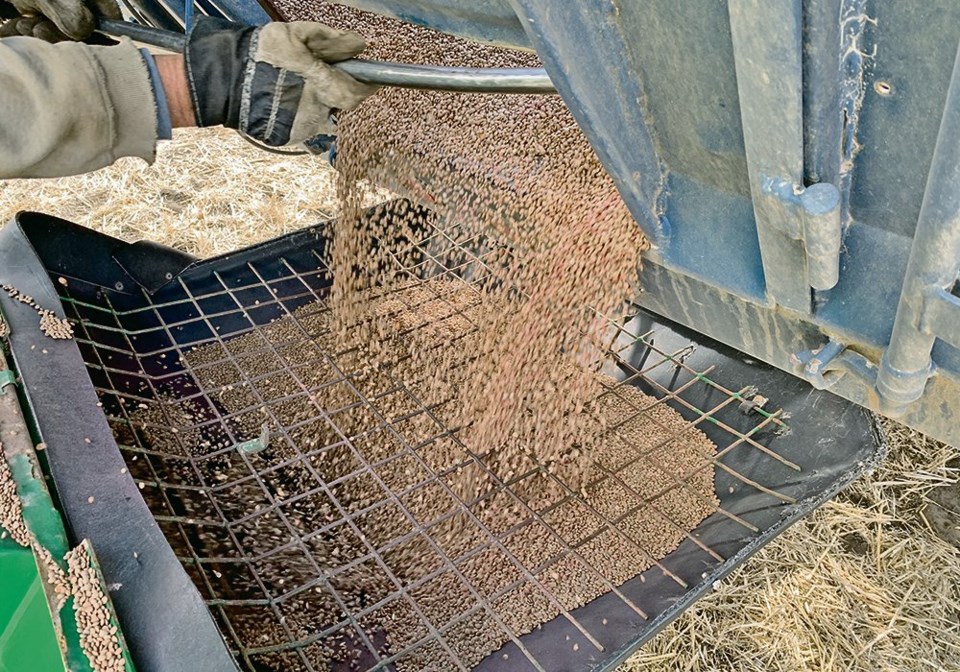However, with a turbulent market, anything can happen.
Jake Ayre of Southern Seed in Minto, Man., said getting things sorted now can prevent disappointment in the spring.
“On any given year, we encourage farmers to buy and book early rather than pull up to the yard in early May and say, ‘all right, I’m here for my wheat,’ ” said Ayre. “I would say in this year, book your seed early, contact your local seed retailer earlier rather than later.”
The drought has caused “varying variability,” said Ayre about this year’s seed production.
“As far as quality goes of our seed production, our cereals — wheat, barley, oats — we were pleasantly surprised with factors such as bushel weight and overall yield,” said Ayre. “Then again, you go a couple of miles down the road and you get a different story.”
Saskatchewan Seed Growers is also recommending farmers secure supplies early and has launched its online Interactive SaskSeed Guide to give producers an early look at what’s available.
The association’s president, Mike Shewchuk, said with high grain prices, there might be a temptation for growers to take advantage of the market, which could affect supply.
The drought might also see seed suppliers using their stock to shore up contracts due to the impact on production.
“There is potential for a lot of seed to get in a commercial market this year,” said Shewchuk.
“A lot of the prices we’re seeing now are higher than the prices we saw for seed last year so it makes it very enticing to dump your seed into the elevator and get cash now for a good price.”
Like Ayre, Shewchuk said it’s good to plan early but is more bullish on the need to get seed supplies secured for the upcoming season.
“This year is a real anomaly with the drought that we’ve seen this year,” he said.
Shewchuk doesn’t expect global supply chain issues to impact seed supplies, except possibly in canola.
“In the cereal, pulse side of things, flax, some oilseeds, I think it’s a pretty closed-looped system here in Western Canada,” he said. “In Saskatchewan, we grow a lot of our seed here. It stays within the province and it gets sold to our local farmers so I don’t think the broader supply chain issues are really affecting us.”
What could potentially be a bigger concern due to this year’s drought is quality.
“Test it now. Test it again by springtime before you seed it,” said Shewchuk. “It’s important to know right now what you have in the bin and what your seed supply is.”
As far as drastic shortages of any particular seed variety now or in the near-term future, Ayre said the seed supply business works on long lead times.
“We’re looking two, three, four, five years into the future and inventory is something we try to account for on that,” said Ayre. “On my end, I’m not overly concerned about shortages. I believe as growers, we all work together with one another and perhaps if I don’t have a variety, I have a good relationship with a grower in Saskatchewan, Alberta and we trade products.”
The Interactive SaskSeed Guide is now available with hard copies expected to be available early in the New Year.

